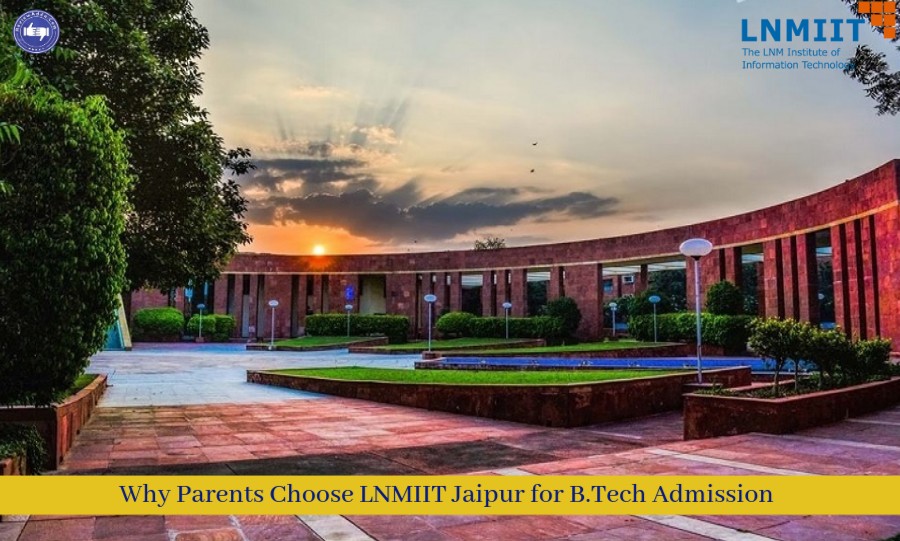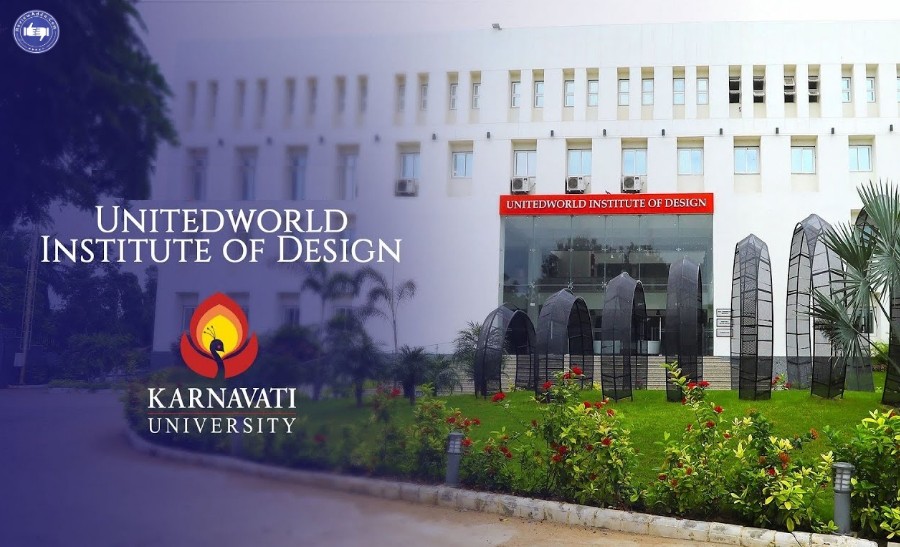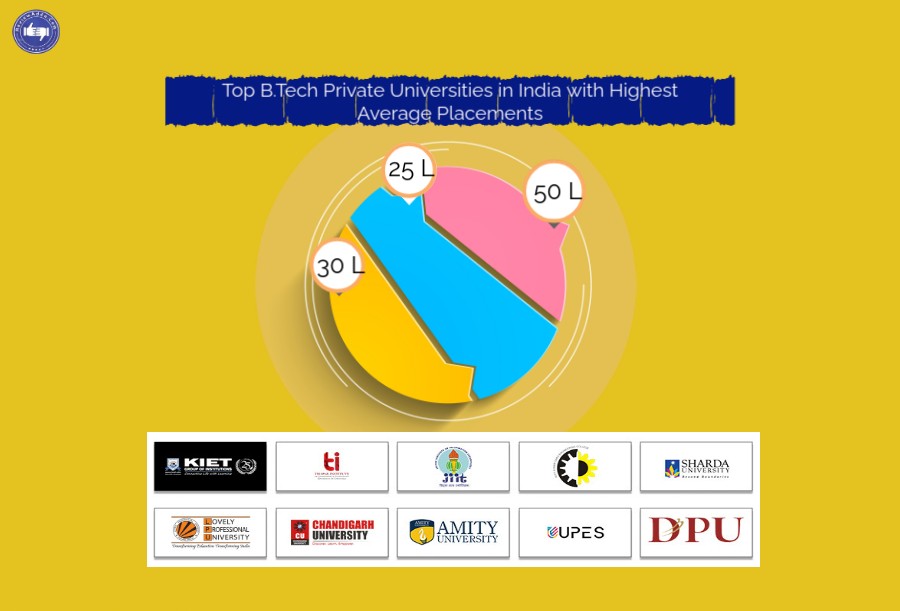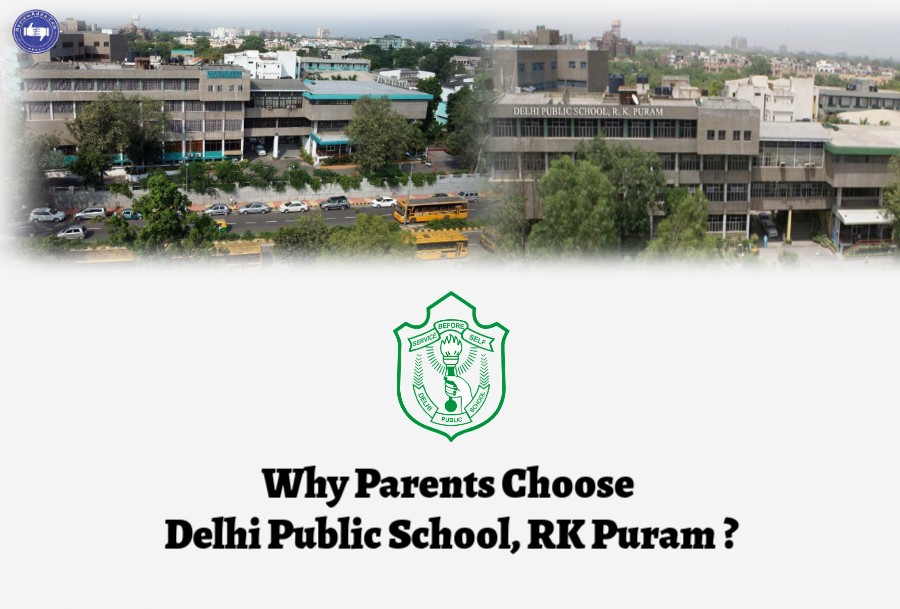What is the difference between DNB and MD/MS?
Introduction
In the realm of medical education and specialization, there are several paths one can take to become a specialist physician. Two prominent options are Diplomate of National Board (DNB) and Doctor of Medicine (MD) or Master of Surgery (MS) programs. These pathways provide aspiring doctors with opportunities to specialize in various medical fields. In this comprehensive guide, we will delve into the key differences between DNB and MD/MS programs, shedding light on their respective advantages, requirements, and career prospects.
Section 1: Understanding DNB (Diplomate of National Board)
1.1 DNB Overview
DNB, short for Diplomate of National Board, is a postgraduate medical qualification offered in India. The National Board of Examinations (NBE), an autonomous agency within the Ministry of Health and Family Welfare of the Government of India, administers it. The major goal of DNB programmes is to offer medical graduates with specialized training and education that will allow them to become specialists in their chosen professions.
1.2 DNB Specializations
DNB offers a wide range of specializations, similar to MD/MS programs. Common DNB specializations include:
- Internal Medicine
- Surgery
- Pediatrics
- Obstetrics and Gynecology
- Orthopedics
- Radiology
- Anesthesiology
- Ophthalmology
- Dermatology
- Psychiatry
1.3 DNB Duration and Eligibility
The duration of DNB programs typically spans three years for broad specialties and two years for super-specialties. Eligibility criteria vary depending on the chosen specialization, but in general, candidates must have completed their MBBS (Bachelor of Medicine, Bachelor of Surgery) degree and completed a rotating internship to be eligible for DNB programs.
1.4 DNB Assessment and Exams
One of the key features of DNB programs is the emphasis on practical training and hands-on experience. DNB candidates are required to undergo a rigorous training period at accredited hospitals or institutions. They are also required to pass both theory and practical examinations to earn their DNB degree. The DNB practical exams are known for their thorough evaluation of clinical skills.
1.5 Top DNB Colleges
The table below lists the top DNB colleges and institutions that provide the course full-time.
|
Name of the College/ University |
Average Annual Fees |
Average Annual Salary |
|
Dr Panjabrao Deshmukh Memorial Medical College, Amravati |
INR 28,925 |
INR 12,00,000 |
|
KJSMC, Mumbai |
INR 47,890 |
INR 11,89,000 |
|
NIO Aundh, Pune |
INR 35,000 |
INR 13,52,000 |
|
NIOP, New Delhi |
INR 46,152 |
INR 13,96,000 |
|
GMERS, Vadodara |
INR 32,184 |
INR 18,00,000 |
|
BPS Government Medical College, Sonepat |
INR 87,000 |
INR 15,42,000 |
|
NDMC Medical College, New Delhi |
INR 27,145 |
INR 20,00,000 |
Section 2: Exploring MD (Doctor of Medicine) and MS (Master of Surgery)
2.1 MD and MS Overview
MD and MS are postgraduate medical degrees that have been recognized internationally for many years. These degrees are awarded in various medical specialties and surgical fields, respectively. MD programs focus on medical specialties, while MS programs concentrate on surgical disciplines.
2.2 MD and MS Specializations
Similar to DNB, MD and MS programs offer a wide array of specializations, enabling medical graduates to pursue their interests and career goals. Some common MD and MS specializations include:
2.2.1 MD Specializations
- General Medicine
- Pediatrics
- Radiology
- Dermatology
- Psychiatry
- Anesthesiology
- Pathology
- Microbiology
- Pharmacology
- Forensic Medicine
2.2.2 MS Specializations
- General Surgery
- Orthopedics
- Ophthalmology
- Obstetrics and Gynecology
- Otorhinolaryngology (ENT)
- Urology
- Plastic Surgery
- Cardiothoracic Surgery
- Neurosurgery
2.3 MD and MS Duration and Eligibility
MD and MS programmes in India normally last three to three and a half years, depending on the specialization selected. Candidates for MD/MS programmes must have completed their MBBS degree as well as an internship.
2.4 MD and MS Assessment and Exams
MD and MS programmes in India normally last three to three and a half years, depending on the specialization selected. Candidates for MD/MS programmes must have completed their MBBS degree as well as an internship.The practical assessments in surgical disciplines (MS) often involve performing surgeries under supervision.
2.5 Top MS/ MD colleges in India
Here is a list of some of the top MS (Master of Surgery) and MD colleges in India, along with their average annual fees and average annual salary figures.
|
College/University |
Average Annual Fees (Approx.) |
Average Annual Salary (Approx.) |
|
All India Institute of Medical Sciences (AIIMS), New Delhi |
?2,000 - ?5,000 (Indian students); $1,500 - $2,500 (Foreign/NRI students) |
?10-15 Lakh (starting) |
|
Post Graduate Institute of Medical Education and Research (PGIMER), Chandigarh |
?6,000 - ?10,000 (Indian students); $5,000 - $8,000 (Foreign/NRI students) |
?9-12 Lakh (starting) |
|
Christian Medical College (CMC), Vellore |
?3,00,000 - ?4,00,000 (varies by course and category) |
?8-10 Lakh (starting) |
|
Maulana Azad Medical College (MAMC), New Delhi |
?2,000 - ?5,000 (Indian students); $1,500 - $2,500 (Foreign/NRI students) |
?7-10 Lakh (starting) |
|
King George's Medical University (KGMU), Lucknow |
?40,000 - ?70,000 (varies by course and category) |
?6-9 Lakh (starting) |
|
Armed Forces Medical College (AFMC), Pune |
?15,000 - ?30,000 (varies by course and category) |
?7-10 Lakh (starting) |
|
Madras Medical College (MMC), Chennai |
?3,000 - ?6,000 (Indian students); $3,000 - $6,000 (Foreign/NRI students) |
?6-8 Lakh (starting) |
|
Grant Medical College, Mumbai |
?5,000 - ?10,000 (Indian students); $5,000 - $10,000 (Foreign/NRI students) |
?6-8 Lakh (starting) |
|
Institute of Medical Sciences, Banaras Hindu University (IMS-BHU), Varanasi |
?15,000 - ?30,000 (varies by course and category) |
?6-8 Lakh (starting) |
|
Seth GS Medical College, Mumbai |
?5,000 - ?10,000 (Indian students); $5,000 - $10,000 (Foreign/NRI students) |
?6-8 Lakh (starting) |
Section 3: Key Differences Between DNB and MD/MS
3.1 Recognitions and Accreditation
One of the primary differences between DNB and MD/MS programs lies in their recognition and accreditation. MD and MS programs have been traditionally recognized both within India and internationally. They are often favored by students seeking to practice medicine abroad. DNB, on the other hand, is primarily recognized within India and may not hold the same level of international recognition.
3.2 Examination Authority
The examination authority for DNB programs is the National Board of Examinations (NBE), a government body. In contrast, MD and MS programs are affiliated with universities, and examinations are conducted by these universities or affiliated institutions. This can lead to differences in the examination format, structure, and evaluation criteria.
3.3 Curriculum and Training
While both DNB and MD/MS programs provide rigorous training and education in their respective specializations, there may be variations in the curriculum and training methods. DNB programs often emphasize hands-on clinical training, and candidates are required to spend a significant amount of time working in hospitals. MD and MS programs also include practical training but may place more emphasis on academic research and publications.
3.4 Flexibility and Choice of Institutions
MD and MS programs offer candidates the flexibility to choose from a wide range of medical colleges and universities across India. In contrast, DNB programs are primarily offered in accredited hospitals, limiting the choice of institutions for candidates. This can influence the geographical location and facilities available for training.
3.5 International Opportunities
As mentioned earlier, MD and MS degrees are more widely recognized internationally, making it easier for graduates to pursue postgraduate training or practice medicine abroad. DNB graduates may face challenges in obtaining equivalent recognition in other countries, which can impact their international career prospects.
3.6 Research and Publications
MD and MS programs often encourage candidates to engage in research activities and publish their findings in medical journals. This research-oriented approach can be beneficial for those interested in pursuing an academic career alongside clinical practice. DNB programs also offer research opportunities but may not prioritize research to the same extent.
|
Aspect |
DNB |
MD/MS |
|
Recognition |
Recognized primarily in India |
Recognized both nationally and internationally; favored for international practice |
|
Examination Authority |
National Board of Examinations (NBE) |
Universities and affiliated institutions |
|
Curriculum and Training |
Emphasizes hands-on clinical training; practical experience is significant |
Includes practical training but may place more emphasis on academic research |
|
Flexibility in Choosing Institutions |
Primarily offered in accredited hospitals; limited choice of institutions |
Offers a wide range of medical colleges and universities across India |
|
International Opportunities |
Limited international recognition may pose challenges abroad |
Widely recognized internationally, facilitating international careers |
|
Research and Publications |
Offers research opportunities but may not prioritize research |
Encourages research activities and publication in medical journals |
|
Duration |
Typically 3 years for broad specialties and 2 years for super-specialties |
Typically 3 to 3.5 years depending on the chosen specialization |
|
Eligibility |
Requires completion of MBBS and a rotating internship |
Requires completion of MBBS and an internship |
|
Specializations Available |
Offers a variety of specializations, similar to MD/MS programs |
Provides specializations in medical fields (MD) and surgical fields (MS) |
|
Training Institutions |
Typically conducted in accredited hospitals |
Offered by medical colleges and universities |
|
Emphasis on Clinical Skills |
Strong emphasis on practical clinical skills |
Balanced focus on clinical skills and academic knowledge |
|
Teaching and Research Opportunities |
May have fewer opportunities for teaching positions |
Offers opportunities for teaching and research positions in medical institutions |
|
Career Advancement |
Career advancement opportunities include becoming consultants, department heads, or pursuing teaching positions |
Similar career advancement options but with potentially broader international prospects |
|
Geographical Location |
The location of training is often tied to the hospital; limited geographical choice |
Wider geographical choices as MD/MS programs are available in numerous institutions across India |
Section 4: Career Prospects and Considerations
4.1 Career Opportunities After DNB
Graduates of DNB programs are eligible to practice as specialists in India. They can work in hospitals, clinics, or choose to establish their private practices. Career advancement opportunities are available, with options to become consultants, department heads, or pursue teaching positions in medical colleges.
DNB Job Prospects and Career Options
- There are a number of career options that open up for you as you complete this course from any of the recognized universities. Because the market is so competitive, the compensation you will receive is competitive with other courses.
- DNB degree holders will be able to find employment in a variety of fields, including hospitals, defence health services, schools, colleges, and universities (medical), self-employment, content writing (science), and so on.
The chart below indicates the kind of employment that will be accessible to you, as well as the average compensation that you may anticipate from each career. It is a mixed bag from which you might select your ideal job.
|
Job Profile |
Job Description |
Average Annual Salary |
|
Paediatric |
A paediatrician typically treats and diagnoses problems and illnesses affecting children and newborns. |
INR 28,00,000 |
|
Ophthalmologists |
Diagnoses and treats all eye disorders, conducts surgery on different eye surgeries, and prescribes and fits eyeglasses and lenses to improve visual issues. |
INR 10,90,000 |
|
Nephrologists |
A Nephrologist is a doctor who specialises in kidney disorders and treats and diagnoses them. |
INR 22,00,000 |
|
Geriatricians |
Geriatricians often treat and diagnose disorders in order to treat impairment in the elderly. |
INR 15,00,000 |
|
Cardiologists |
A Cardiologist's role is to treat and diagnose cardiovascular problems as well as raise awareness about heart health. |
INR 17,80,000 |
|
Anaesthesiologist |
An anesthesiologist's responsibility during surgery is to monitor and control the appropriate quantity of anaesthetic after learning about the patient's history. |
INR 12,50,000 |
4.2 Career Opportunities After MD/MS
MD and MS graduates have a wider range of career options, including:
- Clinical Practice: MD and MS specialists can work in hospitals, clinics, or private practices.
- Academic Positions: They can pursue teaching and research positions in medical colleges and universities.
- Super-Specialization: MD/MS graduates can further specialize by pursuing super-specialty courses like DM (Doctorate of Medicine) or MCh (Master of Chirurgiae).
- Hospital Administration: Graduates can take up administrative roles in healthcare institutions.
- International Opportunities: MD/MS degrees are recognized internationally, facilitating the pursuit of medical careers abroad.
Master of Science Jobs & Career Options
Master of Science (MS) degree holders typically specialise in a certain topic. They can progress into a variety of careers based on their studied subject. This degree offers a wide range of applications, and M. S. graduates have several options.
The table below covers some of the most prevalent employment possibilities accessible after completing a Master of Science degree, as well as the average salary scale.
|
Job Position |
Job Description |
Average Salary |
|
Research Scientist |
A Research Scientist works in the R&D department, doing research in a certain field of study and being inclined to innovation. |
INR 6.45 LPA |
|
Research Associate |
A Research Associate collaborates with the Senior Scientist on research projects and aids in their studies and research. |
INR 3.5 LPA |
|
Research Assistant |
A Research Assistant is an entry-level role in the area of research work, and their primary responsibility is to assist their seniors with specific project work, such as experiments or study writing. |
INR 3.08 LPA |
|
Senior Research Fellow |
SRFs are typically engaged in government research institutes and, in addition to managing project work, support the supervisor in his or her research. |
INR 3.95 LPA |
|
Assistant Professor |
An Asst Professor works in research universities and conducts both research and teaching. |
INR 3.40 LPA |
|
Lecturer |
After passing the NET test, a lecturer is hired at state and central-level colleges and is paid according to government norms. |
INR 3.42 LPA |
4.3 Considerations for Choosing Between DNB and MD/MS
When deciding between DNB and MD/MS programs, aspiring medical specialists should consider the following factors:
- Career Goals: Evaluate your long-term career objectives and whether international recognition is important to you.
- Recognition: Determine where you plan to practice medicine and research the recognition of the respective degree in that region.
- Curriculum and Training: Assess your preference for the curriculum structure, training methods, and research opportunities.
- Availability of Specializations: Consider the availability of your desired specialization in DNB or MD/MS programs.
- Location and Institutions: Think about the geographical location and institutions offering the program of your choice.
- Personal Preferences: Your personal preferences, such as work environment and lifestyle, should also be taken into account.
Conclusion
In the world of medical education and specialization, DNB, MD, and MS programs offer diverse pathways for aspiring doctors to become specialists in their chosen fields. Each program has its unique advantages and considerations. While MD and MS degrees are recognized internationally and offer a wider range of career opportunities, DNB programs provide rigorous training with a focus on clinical skills.
Ultimately, the choice between DNB and MD/MS should align with your career goals, preferences, and aspirations. It's essential to thoroughly research each program, consider your long-term objectives, and consult with mentors or advisors before making a decision. Regardless of the path chosen, dedication, hard work, and a passion for medicine are essential for success in the challenging yet rewarding field of medical specialization.




.jpg)
